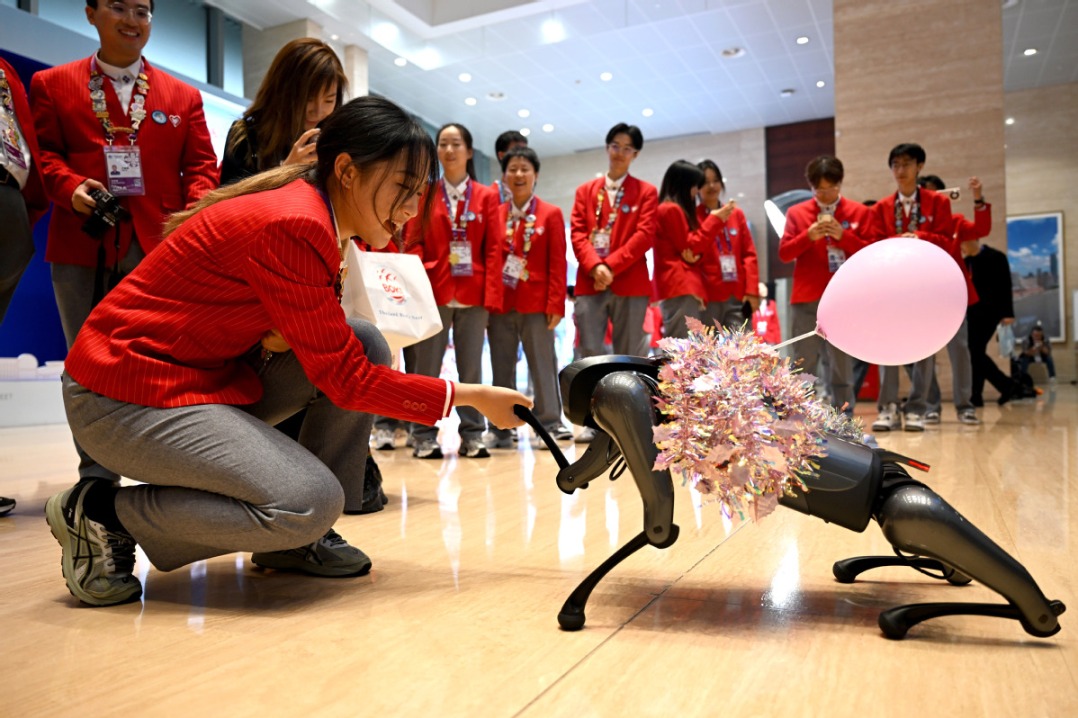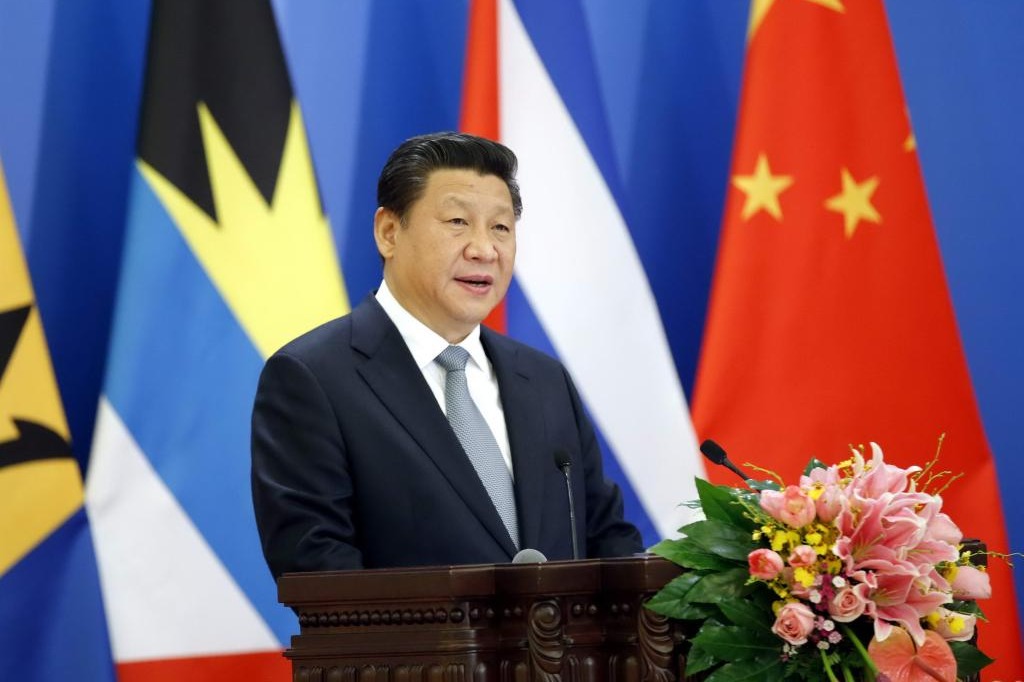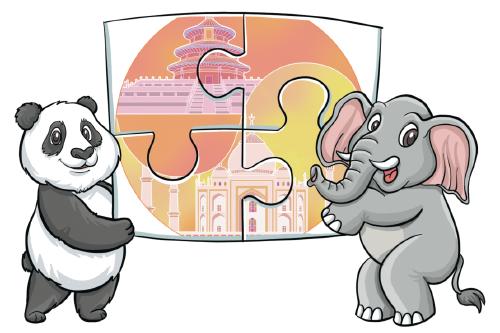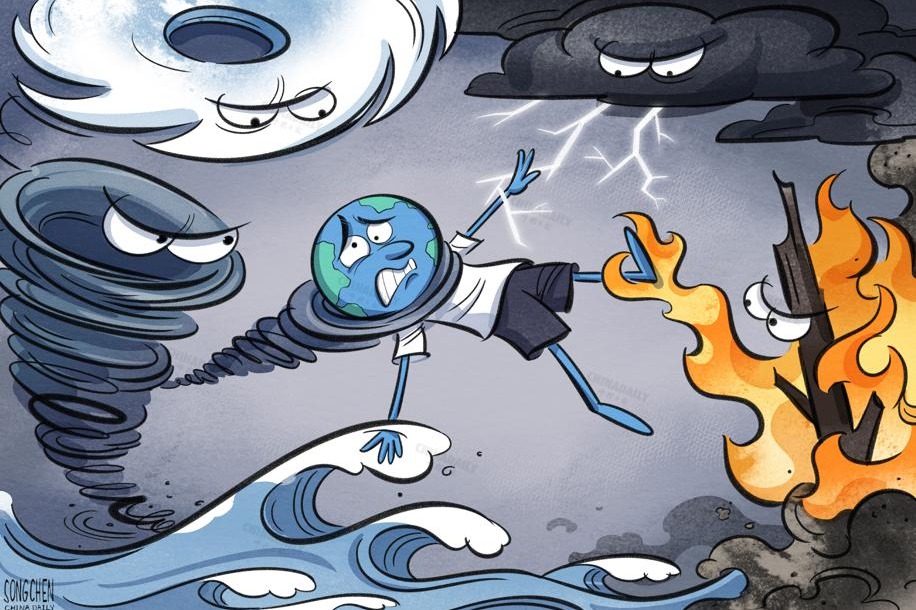US sanctions on Iran's oil violate international rules

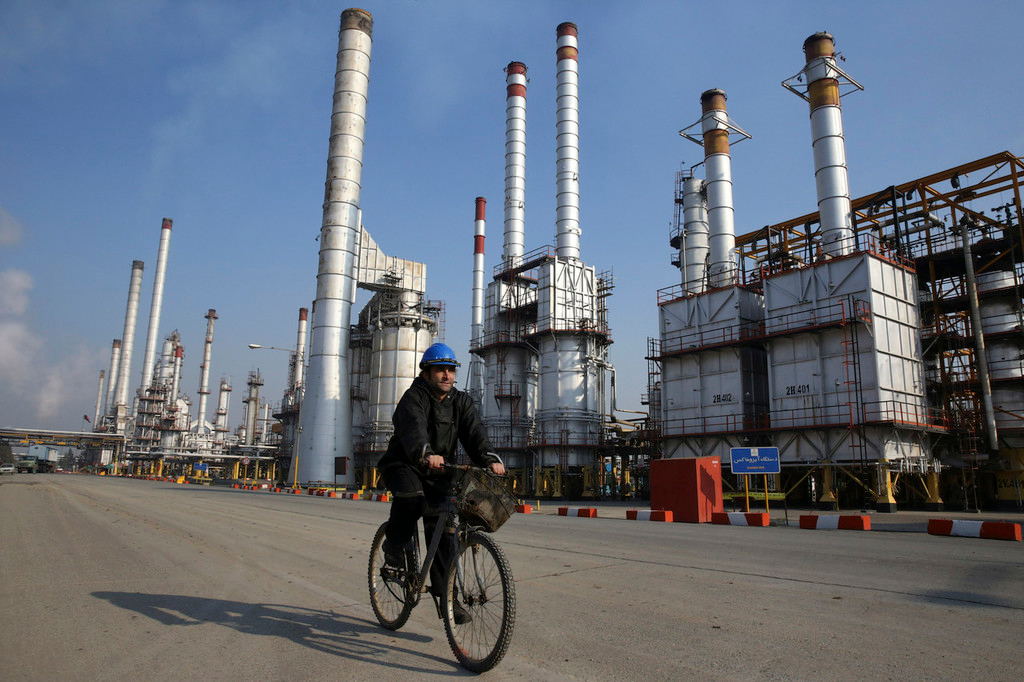
The US decision on Monday to not reissue the sanction waivers allowing major importers to continue buying oil from Iran after they expire in early May is a grave challenge to global rules and norms.
The new US sanctions, first announced last year after it withdrew from the landmark Iran nuclear deal, are an act of total defiance against the United Nations, which endorsed the Joint Comprehensive Plan of Action reached by China, Russia, France, Britain, Germany, the European Union and the United States itself in 2015.
It shows how the world's only superpower is willing to abuse its financial power to disrupt not just the Iranian economy but also economies around the world, and hamper free trade.
Besides, US bullying has made it even more urgent to reform the global financial system in order to prevent the US from abusing its financial and military power.
By imposing an embargo on Iranian oil, the US has violated the sovereignty of not just Iran, but also many other countries including China, Japan, the Republic of Korea, India and Turkey, which import oil from and trade with Iran.
US Secretary of State Mike Pompeo, while announcing the decision on Monday, claimed that Washington stands with the Iranian people. Ironically, ordinary Iranian people, including women and children, have been the hardest hit by the US sanctions. Media outlets from BBC and CNN to Los Angeles Times all highlighted how US sanctions have increased the sufferings of the Iranian people after the US re-imposed them on Iran last year.
A humanitarian crisis caused by US sanctions is nothing new. During my three visits to Cuba, I have seen the horrible impact US sanctions have had on ordinary Cubans for more than half a century. As for Iran, which I have not yet visited, there are well-researched articles, including by scholars at the Wilson Center in Washington, on how US sanctions have caused shortages of essentials, especially medicines and medical equipment including those needed to treat tens of thousands of cancer, HIV/AIDS and hemophilia patients.
Pompeo claimed the sanctions would deprive Iran of the money which it purportedly uses to "support terror groups" and "missile development", but evidence suggests that it has deprived 81 million Iranian people, children and women in particular, of nutrition, education and a normal life.
Apart from impoverishing the people of the countries they target, US sanctions have achieved very little. Cuba and Iran, which have been under US sanctions for decades, are apt examples.
While the purpose of US sanctions is often regime change, sanctions have had the opposite effect, uniting people of a country against outside bullies.
Gary Hufbauer, a non-resident senior fellow at the Peterson Institute for International Economics and a former senior official of the US Treasury Department, is an expert on the subject. He said that only one-third of the US sanctions has had some, not total, success. In case of unilateral US sanctions, without the support of its allies, only one-fifth has some success.
On Iran, the EU and its key members, France, Germany and Britain, have all opposed the US sanctions. They want to preserve the Iran nuclear deal as long as Iran honors the agreement. And the International Atomic Energy Agency, which can best judge whether Iran has violated the deal, said in its report last year that Iran has abided by the agreement.
Pompeo also claimed the sanctions are to incentivize Iran to behave like a normal country. But in this case, it is the US which is being viewed by many countries, including its European and Asian allies, as an "abnormal" country.
The author is China Daily EU Bureau Chief based in Brussels. chenweihua@chinadaily.com.cn

















